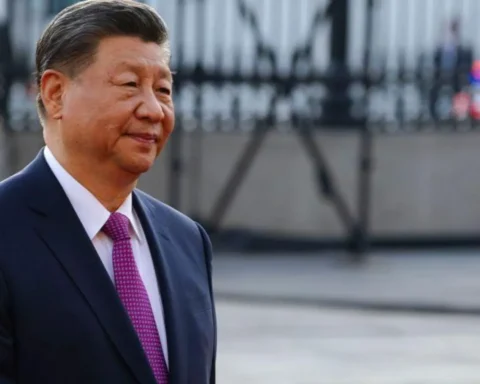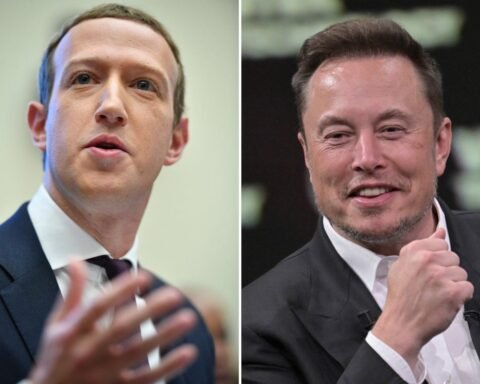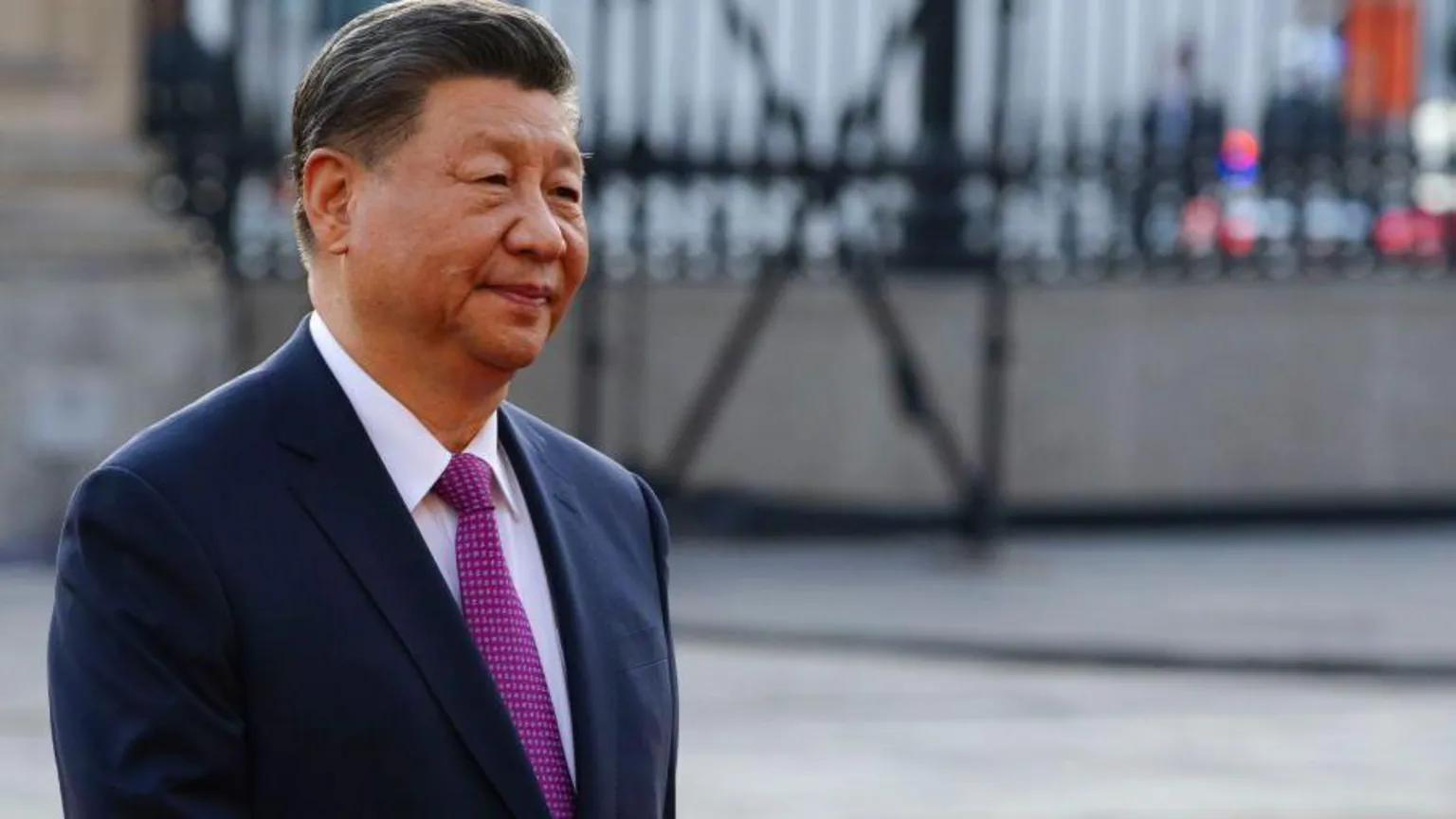The legal battle between two of the world’s wealthiest men highlights the evolving dynamics of media rights and digital platforms.
Bernard Arnault, Europe’s wealthiest individual and the head of luxury powerhouse LVMH, has filed a lawsuit against Elon Musk’s social media platform X (formerly Twitter). The case, spearheaded by Arnault’s French newspapers Le Parisien and Les Echos, accuses X of failing to compensate them for the use of their content. This legal action aligns with a 2019 European directive mandating that digital platforms remunerate publishers for shared content.
A Collective Media Stand
The lawsuit has garnered support from other major French newspapers, including Le Figaro and Le Monde. The publications assert that X has repeatedly refused to negotiate with French news publishers, a stance that starkly contrasts with agreements reached by Google and Meta, which have compensated media outlets in compliance with European regulations.
Arnault’s media holdings emphasize that revenue from content rights is crucial for investments in media diversity, independence, and quality—pillars of freedom of expression and democratic integrity.
A High-Stakes Legal Duel
This lawsuit, slated to be heard in a Paris court next May, is a dramatic face-off between two of the world’s wealthiest figures. Arnault, whose empire includes luxury brands such as Louis Vuitton, Christian Dior, and Givenchy, alternates with Musk for the title of the world’s richest individual. As of now, Musk, the CEO of Tesla and SpaceX, holds the top spot with a net worth of $334.5 billion, bolstered by his recent political and business gains.
Arnault’s fortune, in contrast, has dipped by $36 billion this year to $171.5 billion, largely due to reduced luxury demand in China. Meanwhile, Musk’s wealth surged by $105.5 billion, partly fueled by his prominent support for Donald Trump’s successful presidential campaign and the prospect of a senior government role in the new administration.
The Roots of the Dispute
Arnault’s legal move follows a favorable ruling in May when a Paris judge ordered X to provide commercial data to a consortium of French publishers, including Télérama, Courrier International, Le Huffington Post, and others. Despite the ruling, the newspapers allege that X has failed to comply, accusing the platform of deliberately sidestepping its legal obligations.
French publishers argue that X’s noncompliance undermines the directive’s intent to safeguard journalism in the digital age. “Revenue from content rights supports investments that ensure media diversity and quality, essential for democratic societies,” they emphasized in a statement.
A Broader Context
The lawsuit underscores the tensions between digital platforms and traditional media in the era of evolving content rights. With this high-profile legal clash, the outcome could set a precedent for how digital giants interact with news publishers in Europe and beyond.
As the case heads to court, the battle between Arnault and Musk reflects not only a conflict over content rights but also the shifting power dynamics between media institutions and tech titans in the modern information landscape.
Post Views: 81

















